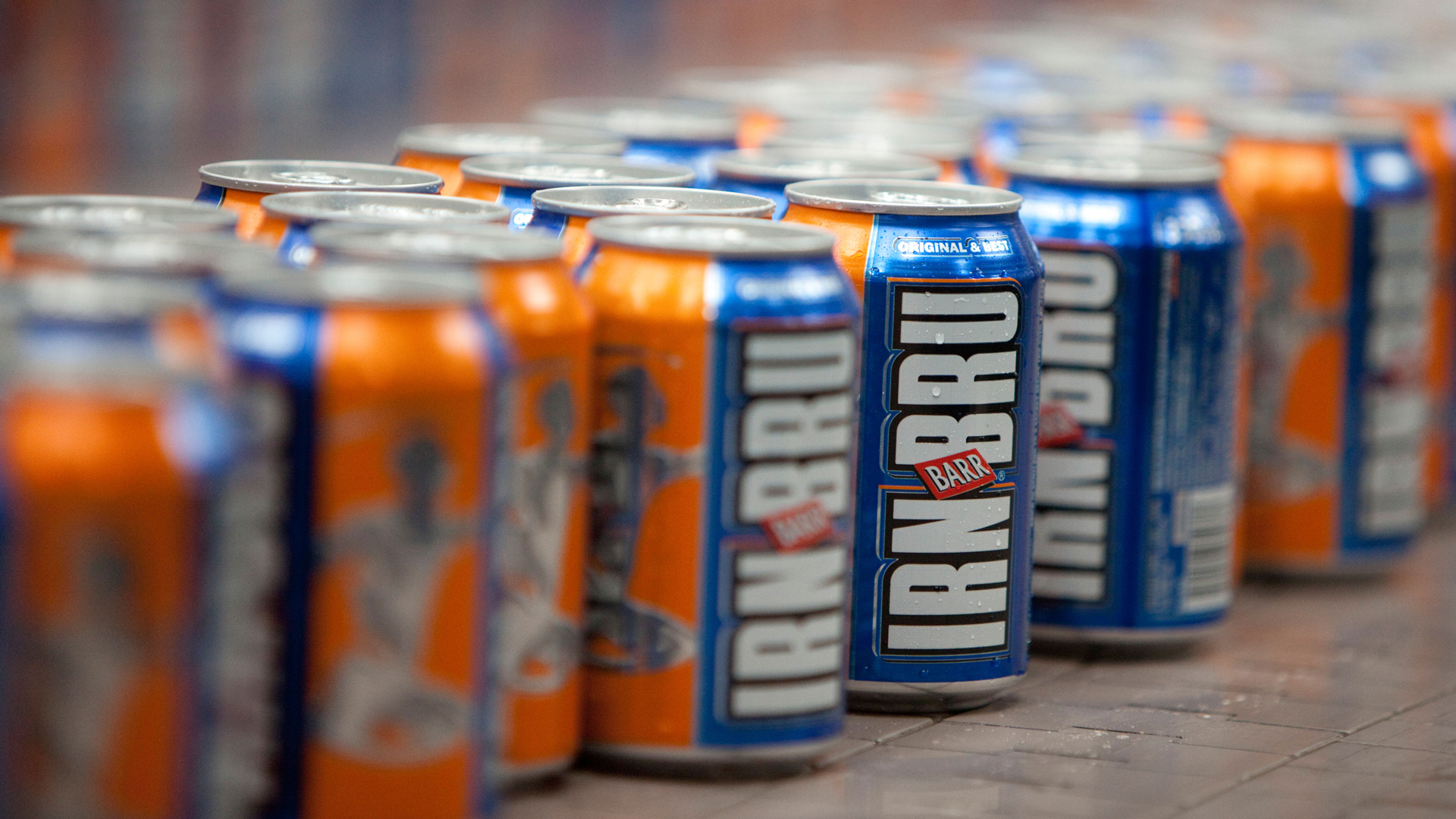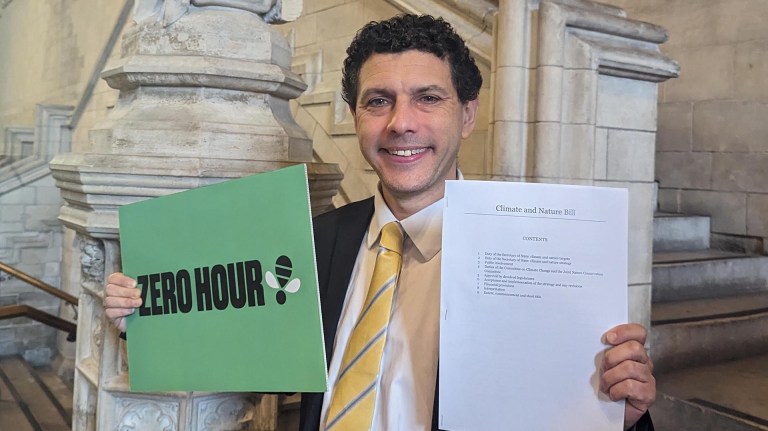The rumblings started in Scotland. Quiet noises at first, then they grew to a roar. Within days there were newspaper front pages, TV news vox pops; there was fear and anger. It was only a matter of time before the streets were aflame. They might take our lives, but they will never take our FULL SUGAR IRN-BRU!
To Asda and Tesco and Sainsbury’s and the shop on the corner with the old Panini stickers growing discoloured in the window. Stockpile, comrades – before it’s too late!
News had broken that the sugar tax, the soft drinks industry levy, was coming. It’s going to be introduced on April 6 across Britain. The government is adding an extra cost to sugary soft drinks. They want to battle obesity, and decided that the way to do this, particularly among the young, was to charge them more for the drinks they liked, and by so doing encouraging them to drink less.
And while this news had been floating around since the Budget of 2016, it forced itself to the top of the agenda when Irn-Bru manufacturers AG Barr announced at the turn of 2018 that rather than charge more for their orange nectar, they’d change the recipe. They’d reduce the amount of sugar – going from 10g per 100ml to just below 5g. The stockpiling of the original recipe began. Ryan Allan from Ayr enjoyed his moment in the sun. He had told all the media ringing him that his loft was full of the full sugar version.
When the new recipe, using artificial sweetener aspartame instead, was unveiled there was a collective shrug. Tastes fine, said the Bravehearts. Will be fine for a hangover. AG Barr enjoyed a sales boost thanks to canny PR, and early adopters for lower sugar were found.
The unintended consequence of the levy has been the quiet, but insistent, lowering of sugar in drinks products by manufacturers. The Exchequer initially estimated that the levy would coin in around £500m per year, money that could be used to, perhaps, treat obesity. However, new estimates put the figure at around £275m. And it’s not out of the question that this will drop as more drinks makers lower the sugar. While this means less money, clearly it means a healthier population.










